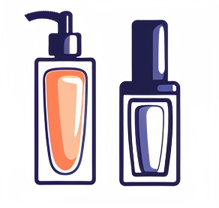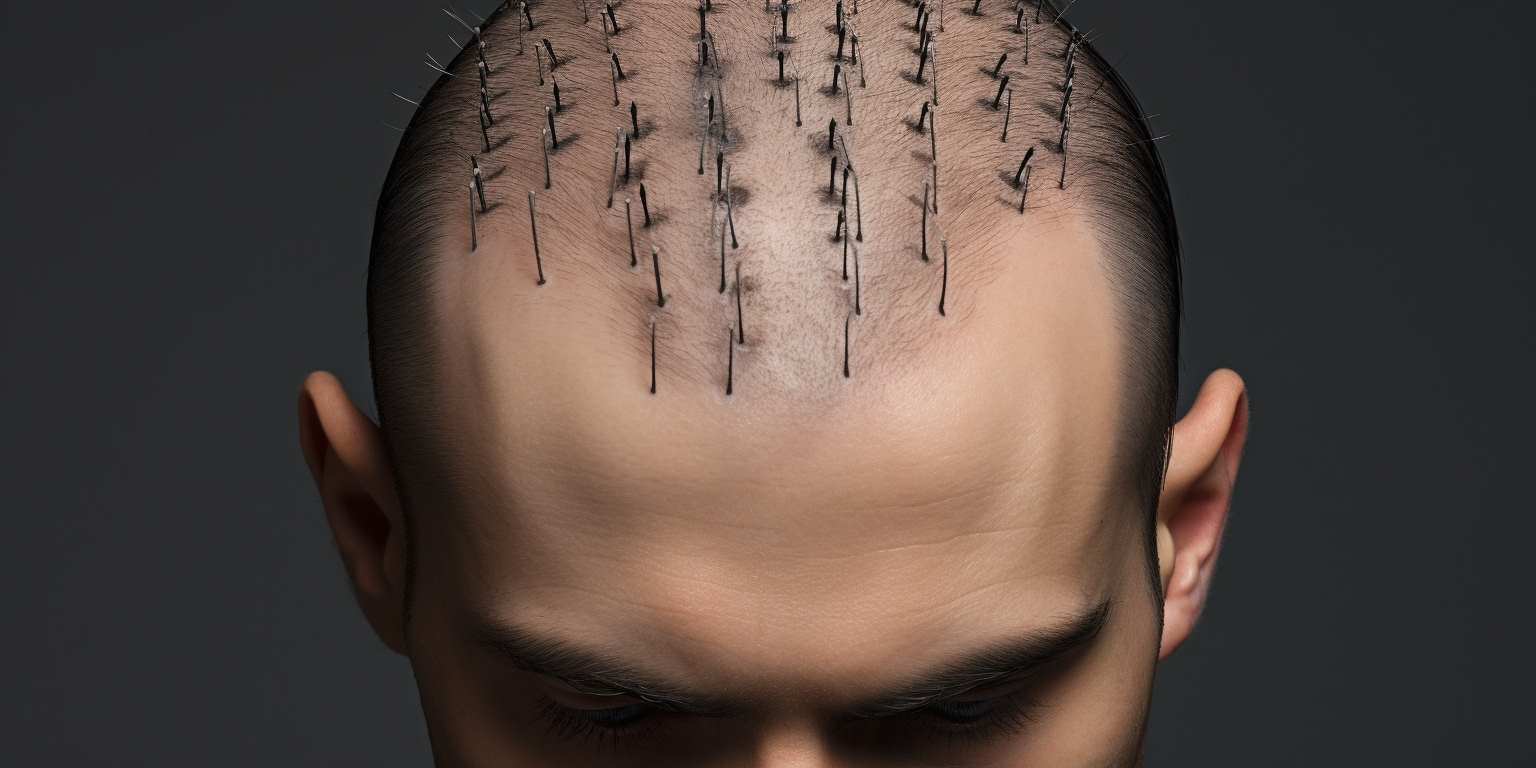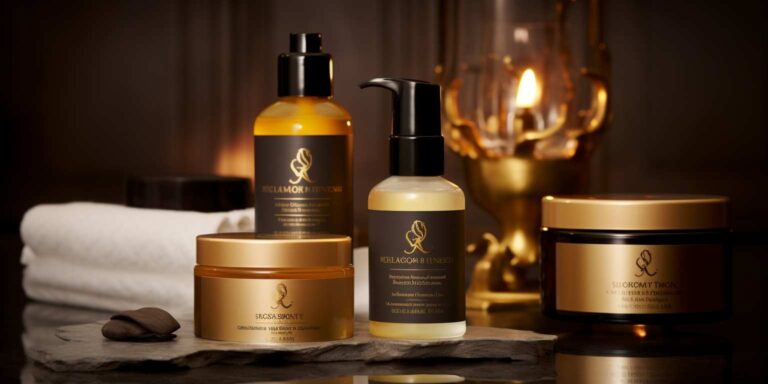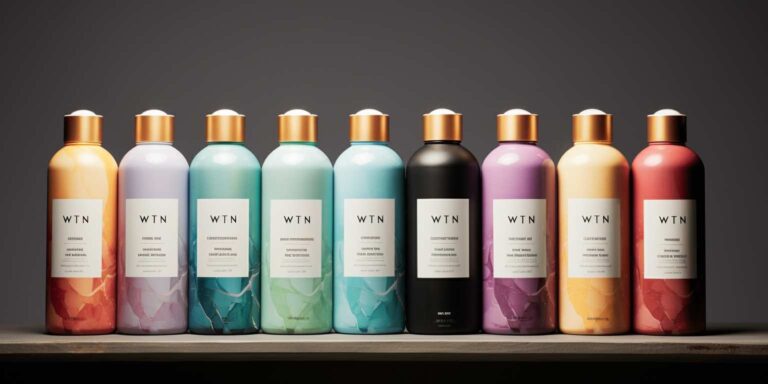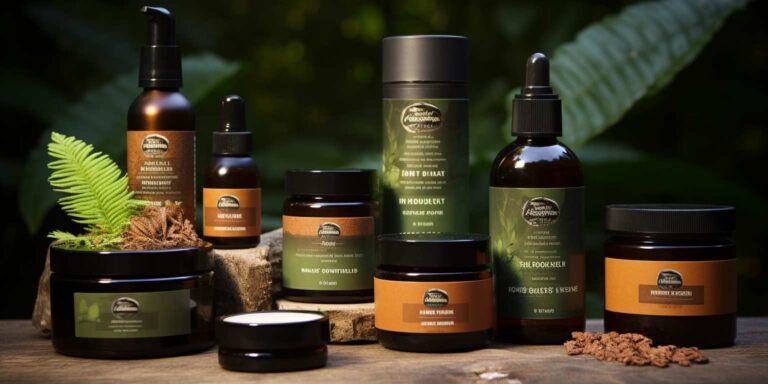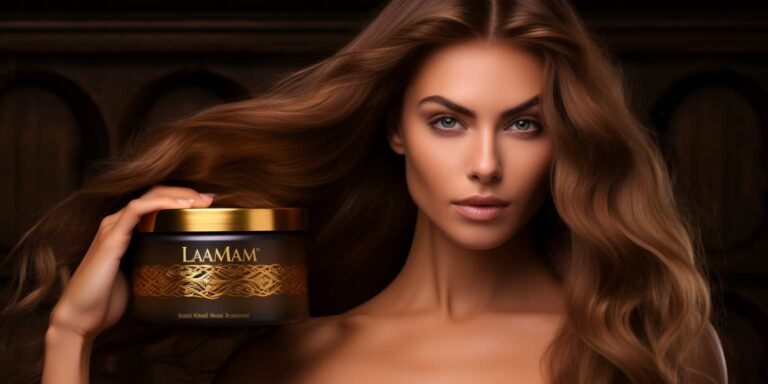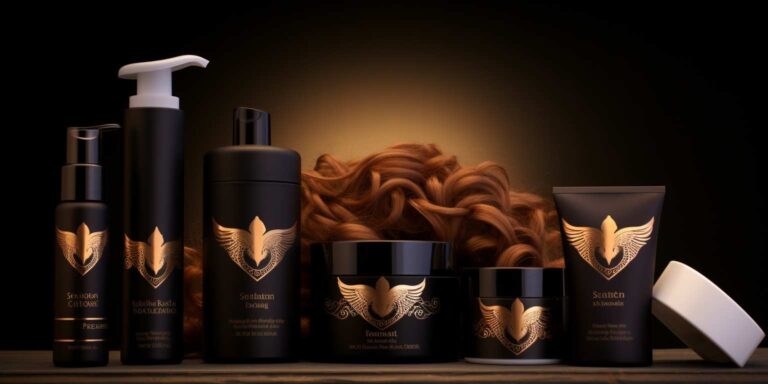Nurturing your scalp: gentle shampoo solutions for hair loss
The first key consideration is to opt for a shampoo that is sulfate-free. Sulfates are harsh detergents that can strip the scalp of its natural oils, leading to dryness and irritation. This, in turn, can exacerbate hair loss. Look for shampoos labeled sulfate-free to ensure a mild cleansing experience.
Another crucial ingredient to look for is biotin. Biotin, also known as Vitamin B7, is renowned for its role in promoting hair growth. Shampoos enriched with biotin can strengthen the hair shaft and reduce breakage, contributing to healthier and fuller-looking hair.
It’s essential to choose a gentle shampoo for hair loss that is pH-balanced. The scalp has a natural pH level, and disrupting this balance can lead to various issues, including increased hair shedding. Opting for a pH-balanced shampoo helps maintain the scalp’s natural environment, fostering optimal conditions for hair growth.
Ingredients such as arginine and niacinamide are also noteworthy in a hair loss prevention shampoo. Arginine enhances blood circulation to the hair follicles, promoting nutrient delivery, while niacinamide has anti-inflammatory properties that can soothe the scalp and reduce hair thinning.
For those with sensitive scalps, a hypoallergenic shampoo is a wise choice. These shampoos are formulated to minimize the risk of allergic reactions and irritation. Look for products labeled hypoallergenic to ensure a soothing and nurturing experience for your scalp.
Tea tree oil is another ingredient that deserves attention. Known for its antimicrobial properties, tea tree oil can help keep the scalp clean and free from fungal or bacterial issues that may contribute to hair loss. Look for shampoos that contain a moderate concentration of tea tree oil for the best results.
Additionally, incorporating a scalp massage into your hair care routine can enhance the benefits of the chosen gentle shampoo for hair loss. A scalp massage stimulates blood flow to the follicles, promoting a healthier environment for hair growth. Consider using your fingertips to gently massage the scalp in circular motions during shampooing.
Ingredients to look for in gentle shampoos
Gentle shampoos are a boon for those seeking to cleanse their hair without harsh chemicals that can strip away natural oils and cause damage. When shopping for gentle shampoos, it’s essential to pay attention to the ingredients list. Here are some key components to look for:
| Ingredient | Benefits |
|---|---|
| 1. Sulfate-free surfactants | These cleansers are milder than traditional sulfates, reducing the risk of irritation and dryness. |
| 2. Natural oils | Ingredients like coconut oil, argan oil, and olive oil help moisturize and nourish the hair without weighing it down. |
| 3. Plant-based extracts | Extracts from plants like aloe vera, chamomile, and green tea soothe the scalp and add shine to the hair. |
| 4. Glycerin | This humectant draws moisture into the hair, keeping it hydrated and preventing frizz. |
| 5. Panthenol (Provitamin B5) | Provides moisture and strengthens hair, reducing breakage and split ends. |
These ingredients work synergistically to cleanse and nourish the hair while maintaining its natural balance. Avoiding harsh chemicals such as parabens, phthalates, and artificial fragrances is also crucial for a gentle shampoo formula.
Additionally, if you have specific hair concerns such as dryness, dandruff, or color-treated hair, look for ingredients tailored to address these issues. For example, hyaluronic acid is excellent for hydrating dry hair, while tea tree oil can help alleviate dandruff.
How gentle shampoo can combat hair loss
Gentle shampoo can be a valuable weapon in the battle against hair loss. While it might seem counterintuitive to some, the truth is that the right shampoo formula can make a significant difference in the health and vitality of your hair follicles.
One of the primary causes of hair loss is damage to the hair follicles. This damage can be caused by a variety of factors, including harsh chemicals found in many commercial shampoos. These chemicals can strip the hair of its natural oils, leading to dryness, breakage, and ultimately hair loss.
However, gentle shampoos are specially formulated to cleanse the hair without causing damage. They are often free of sulfates and other harsh chemicals that can be found in traditional shampoos. Instead, they contain ingredients that are gentle on the hair and scalp, such as botanical extracts and essential oils.
One of the key benefits of using a gentle shampoo is that it helps to maintain the health of the scalp. A healthy scalp is essential for promoting hair growth and preventing hair loss. By keeping the scalp clean and moisturized, gentle shampoos create an optimal environment for healthy hair growth.
Furthermore, gentle shampoos can help to strengthen the hair shaft, reducing the likelihood of breakage and split ends. This is crucial for preventing hair loss, as weak and damaged hair is more prone to falling out.
In addition to using a gentle shampoo, there are other steps you can take to combat hair loss. Eating a healthy diet rich in nutrients such as vitamins and minerals is essential for promoting hair health. You can also consider using supplements specifically designed to support hair growth.
Gentle shampoo vs. regular shampoo: the difference
Gentle shampoo vs. regular shampoo: When it comes to hair care, choosing the right shampoo can make all the difference. The debate between gentle shampoo and regular shampoo often leaves consumers perplexed, wondering which one is best suited for their hair type and needs.
Firstly, let’s delve into the difference between the two. Regular shampoo typically contains harsher detergents and sulfates such as Sodium Lauryl Sulfate (SLS) or Sodium Laureth Sulfate (SLES). These ingredients are effective at stripping away dirt and oil from the hair, but they can also strip away natural oils and cause dryness and irritation for those with sensitive scalps or dry hair.
On the other hand, gentle shampoo is formulated with milder surfactants and less harsh chemicals, making it suitable for frequent use and ideal for sensitive scalps. These shampoos cleanse more gently while preserving the natural oils in the hair, leaving it soft, smooth, and hydrated.
One of the key benefits of gentle shampoo is its ability to prevent or alleviate scalp irritation and dryness. For individuals with eczema, psoriasis, or dandruff, opting for a gentle formula can help reduce inflammation and itchiness often associated with these conditions.
Furthermore, gentle shampoo is less likely to cause color fading for those with chemically treated hair. The milder ingredients help preserve hair color and extend the lifespan of expensive salon treatments.
| Gentle Shampoo | Regular Shampoo |
|---|---|
| Milder surfactants | Harsher detergents |
| Preserves natural oils | May strip natural oils |
| Less likely to cause irritation | May cause scalp dryness and irritation |
Scalp care tips for preventing hair loss
Proper scalp care is crucial in preventing hair loss and maintaining a healthy mane. The scalp is the foundation for luscious locks, and neglecting it can lead to a myriad of issues. Here, we delve into scalp care tips that can help you prevent hair loss and promote optimal hair health.
Firstly, it’s essential to keep your scalp clean. Regularly wash your hair with a mild shampoo to remove excess oil, dirt, and product buildup. However, avoid overwashing, as it can strip the scalp of its natural oils, leading to dryness and potential irritation.
Massage your scalp regularly to stimulate blood flow. This promotes the transport of essential nutrients to hair follicles, encouraging hair growth. Gentle circular motions with your fingertips can do wonders in improving circulation and overall scalp health.
Conditioning is another key aspect of scalp care. Use a conditioner suitable for your hair type to moisturize and nourish the scalp and hair strands. It helps in preventing dryness and minimizing breakage.
Ensure your diet is rich in nutrients that support hair health. Foods high in vitamins A, E, and D, as well as iron and protein, contribute to strong, vibrant hair. Consider supplements if your diet lacks these essential nutrients.
Protect your hair from the sun. Just as your skin needs protection from harmful UV rays, your scalp does too. Use a hat or scarf to shield your hair and scalp from excessive sun exposure, which can lead to dryness and damage.
Avoid excessive heat styling. While styling tools can create fabulous looks, the constant use of high heat can weaken hair strands and contribute to hair loss. If you must use heat styling tools, apply a heat protectant to minimize damage.
Manage stress levels. Stress can impact overall health, including hair health. Practice relaxation techniques, such as yoga or meditation, to keep stress levels in check and promote a healthy scalp environment.
Invest in a scalp massage brush. These tools can exfoliate the scalp, remove dead skin cells, and distribute natural oils, promoting a healthier environment for hair growth. Use it gently to avoid irritation.
Avoid tight hairstyles that pull on the hair and scalp. Styles like tight ponytails or braids can lead to traction alopecia, a type of hair loss caused by excessive tension on the hair shafts.
Building a hair care routine for thinning hair
If you’re dealing with the challenges of thinning hair, crafting a specialized hair care routine is essential to promote healthy hair growth and maintain the vitality of your locks. Here’s a comprehensive guide to building a tailored routine for thinning hair that addresses the unique needs of your strands.
Start with a gentle cleansing routine using a mild shampoo specifically formulated for thinning hair. Look for products that are sulfate-free to avoid stripping the hair of its natural oils. Washing your hair every 2-3 days strikes a balance between cleanliness and preserving essential oils that nourish the scalp.
Conditioning is crucial for thinning hair, but opt for a lightweight conditioner to avoid weighing down your strands. Apply the conditioner from mid-length to the tips, avoiding the roots to prevent excess oil buildup. Consider using a scalp treatment with ingredients like minoxidil to stimulate hair follicles and promote regrowth.
Regular scalp massages can significantly improve blood circulation, delivering essential nutrients to the hair follicles. Incorporate a few minutes of gentle massage into your routine using your fingertips, which can contribute to a healthier scalp environment.
When it comes to styling products, choose those that add volume and thickness without causing damage. Avoid excessive heat styling, as it can weaken thin strands. If you must use heat tools, apply a heat protectant spray to minimize damage and breakage.
A nutrient-rich diet plays a crucial role in maintaining healthy hair. Ensure your meals include protein, iron, and vitamins like A, E, and D. Supplements can also be considered, but it’s advisable to consult with a healthcare professional before adding them to your routine.
Protect your hair from environmental stressors by wearing a hat or scarf when exposed to harsh sunlight or extreme weather conditions. UV rays and pollution can contribute to hair damage and thinning, so taking these precautions is a simple yet effective step in your routine.
Trimming your hair regularly helps eliminate split ends and prevents breakage, maintaining the overall health of your hair. Aim for a trim every 6-8 weeks to keep your hair looking fresh and to promote stronger, more resilient strands.
Real-life success: overcoming hair loss with gentle care
Hair loss can be a daunting experience, challenging one’s self-esteem and confidence. However, with gentle care and the right approach, it’s possible to overcome this obstacle and achieve real-life success. Understanding the root cause of hair loss is the first step towards effective treatment. Factors such as genetics, hormonal changes, and stress can contribute to hair thinning and baldness.
Gentle care involves adopting a holistic approach to hair health. This includes using mild shampoos and conditioners that are gentle on the scalp, avoiding harsh chemicals and heat styling tools that can damage hair follicles. Regular scalp massages can help stimulate blood flow to the hair follicles, promoting hair growth.
Dietary changes can also play a significant role in hair health. Consuming a balanced diet rich in essential nutrients such as vitamins A, C, D, E, zinc, iron, and omega-3 fatty acids can promote hair growth and reduce hair loss.
Medical treatments such as minoxidil and finasteride can also be effective in treating hair loss, but it’s essential to consult with a healthcare professional before starting any medication.
Hair transplantation is another option for those looking for a more permanent solution to hair loss. This procedure involves transplanting hair follicles from one part of the scalp to areas experiencing hair loss.
